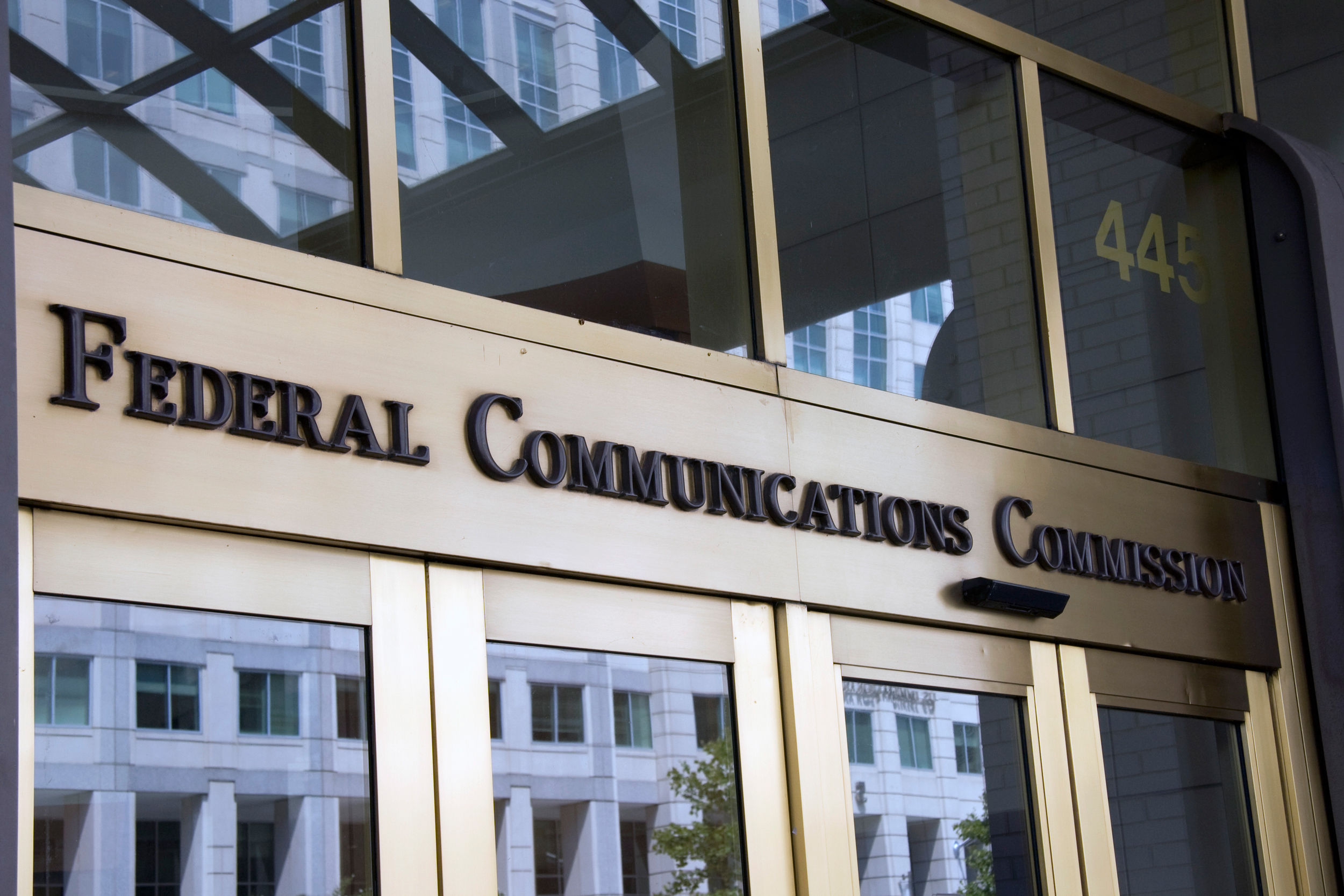Broadcasters Challenge Constitutionality of Carriage Mandates
Pushback over cable claims that leased-access rules violate First Amendment rights

The smarter way to stay on top of broadcasting and cable industry. Sign up below
You are now subscribed
Your newsletter sign-up was successful
Broadcasters are pushing back on cable arguments that leased-access rules represent an infringement on cable's First Amendment rights, and for good reason. If broadcasters want to preserve their cable carriage mandate, which they definitely do in a world where most broadcast viewing is over cable and satellite retransmissions — the cord-cutting trend notwithstanding — they want to nip the First Amendment challenge to that other carriage mandate in the bud.
For one thing, and a big thing, if that leased-access channel mandate were considered a First Amendment violation, it would raise issues about the constitutionality of the must-carry regime, which mandates that cable operators carry any TV station if the broadcaster requests it.
In June 2019, the FCC voted unanimously (with a couple of partial dissents) to tweak and review its rules requiring cable operators to provide channel capacity to independent programmers. The commissioners voted to approve a Report and Order (R&O) and Second Further Notice of Proposed Rulemaking (FNPRM) that would vacate the FCC's 2008 leased-access rules, adopt new ones that "reflect changes in the video programming market" as well as — and this is the sticking point for broadcasters — seek comment on whether the rules should still be in place at all.
In GOP Crosshairs
The majority of FCC commissioners — specifically Republicans Ajit Pai, the chairman, Brendan Carr and Michael O’Rielly — clearly signaled that they thought there were First Amendment implications given the FNPRM language they supported (see box).
The Democrats’ partial dissents were tied to that language and the suggestion that the leased-access rules could be an unconstitutional abridgment of speech, the issue the National Association of Broadcasters is concerned about.
Under the leased-access rules, cable operators with more than 100 channels have to set aside 15% of those channels for leased access, with smaller operators having to provide a smaller percentage.
The smarter way to stay on top of broadcasting and cable industry. Sign up below
Cable operators have said the rules are unconstitutional and should be eliminated, though they acknowledge the FCC can't simply scrap them because Congress imposed the mandate.
In meetings with FCC officials, National Association of Broadcasters executives expressed no opinion on the agency’s changes to the leased-access rules, but they had plenty to say about how the government should look at their constitutionality, and that of "similar content-neutral rules."
First, the broadcasters said, the FCC didn't need to get into constitutional issues at all in revising the rules. But if it did, the rules should not be looked at through the lens of strict scrutiny, which is the toughest First Amendment speech protection, but the lesser intermediate scrutiny applied to "content neutral" regulations and similar carriage requirements — that unspoken "must carry” regime, as well as program access and other carriage regulations.
Broadcasters also took aim at cable's argument that changes in the marketplace, including the proliferation of platforms for access and carriage — notably the internet — have reduced the need for forced cable carriage of independent content. For example, NCTA: The Internet & Television Association argued that YouTube alone provides plenty of unleased access to independent videos and voices.
The NAB executives said that given the "exponential" increase in cable channel capacity, any First Amendment burdens that may have been placed on multichannel video programming distributors (MVPDs) by leased access or must-carry have "significantly declined."
The NAB told the FCC that it is not saying marketplace and technology changes are irrelevant in determining if a regulation impacts speech. Given that MSOs with millions of video subscribers are the same ones that millions have to go through to get online video content, the NAB said, it might be premature to declare the death of the MVPD bottleneck.
Broadcasters might be fighting an uphill battle, given that the rulemaking notice signaled the FCC might indeed wade into that First Amendment thicket. Pai has said he questions the constitutionality of the rules, so there is support from the top.
2008 Precedent in Peril
The FCC upheld the constitutionality of the leased-access rules back in 2008, finding that, as the court held in upholding the 1992 Cable Act, the government had a substantial interest in regulating cable speech and the regulation did not burden “substantially more speech than necessary to achieve the aim,” that aim being “promoting diversity and competition in the video programming marketplace.”
The Pai FCC said last year that times and the marketplace had changed, and suggested the substantial interest of the government in mandating carriage may no longer be justifiable.
If the FCC does conclude the leased-access rules violate the First Amendment, NAB said it wants the commission to make clear that would not mean open season on other carriage-related regimes, like must-carry.
That is just the open season that cable operators are gunning for.
Contributing editor John Eggerton has been an editor and/or writer on media regulation, legislation and policy for over four decades, including covering the FCC, FTC, Congress, the major media trade associations, and the federal courts. In addition to Multichannel News and Broadcasting + Cable, his work has appeared in Radio World, TV Technology, TV Fax, This Week in Consumer Electronics, Variety and the Encyclopedia Britannica.

